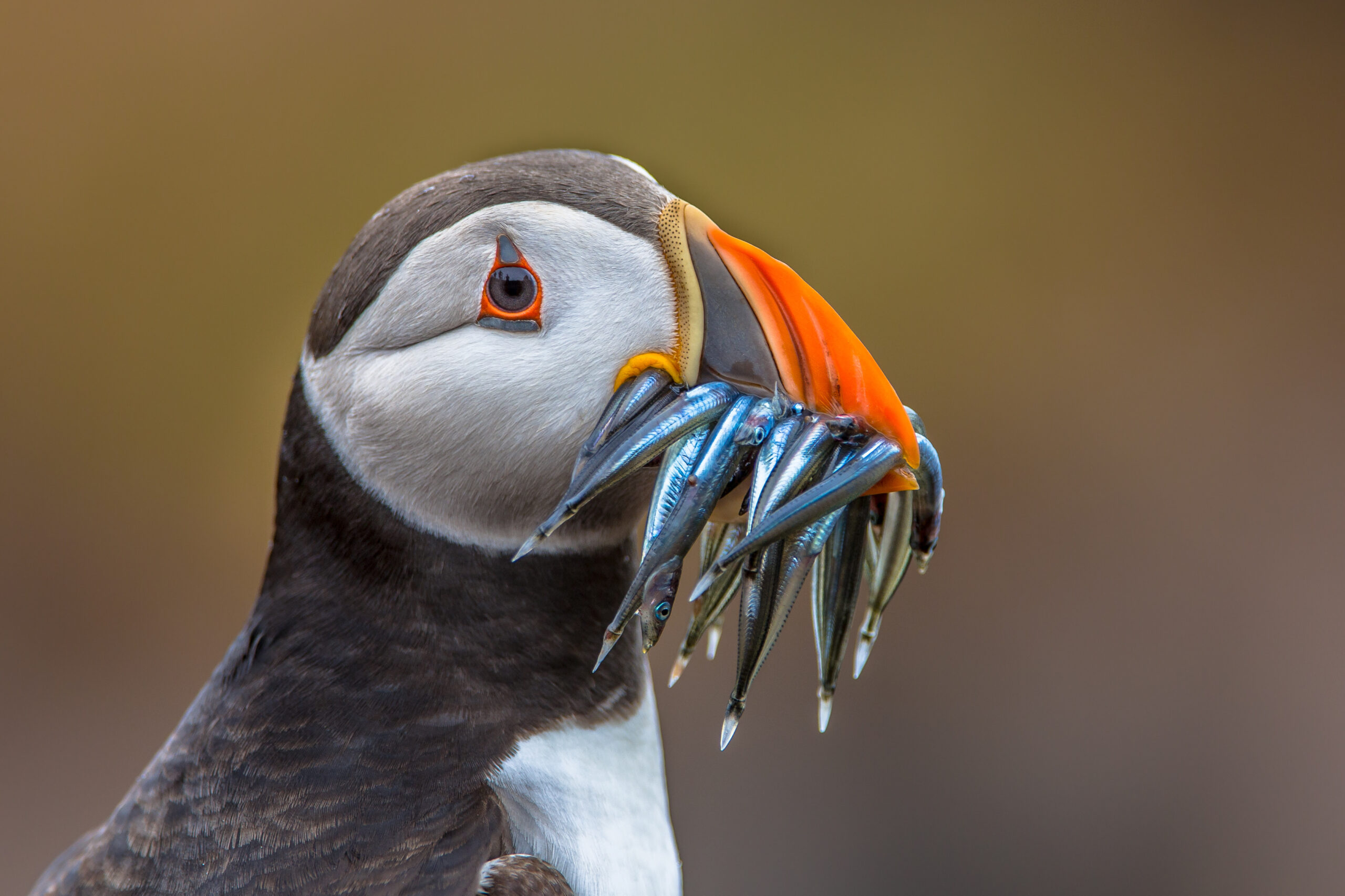The European Union (EU) has decided to request the establishment of an arbitration tribunal under the dispute settlement mechanism of the EU–UK Trade and Cooperation Agreement (TCA) concerning the United Kingdom’s decision to prohibit the fishing of sandeel. The arbitration tribunal would rule on the compatibility of the measure with the TCA.
The ban has been in place in all Scottish waters and English waters of the North Sea since 26 March 2024, and prevents EU vessels from operating. The EU questions the compatibility of this prohibition with the TCA. For this reason, in April 2024, the EU requested consultations with the UK to find a mutually agreeable solution, formally initiating proceedings under the TCA dispute settlement mechanism. Consultations concluded without reaching such a mutually agreed solution, to which the EU remains open. The establishment of an arbitration tribunal constitutes the next step of the dispute settlement procedure.
Sandeels – small, eel-like fish which typically live in vast shoals – are a vital food source for vulnerable seabirds and marine mammals, like puffin, kittiwakes, and harbour porpoises, as well as commercially important fish species like haddock and whiting.
“UK government must remain resolute”
Katie-jo Luxton, the RSPB’s director of conservation, said in response to news of the call for an arbitration tribunal: “The EU’s decision to trigger an arbitration process over the UK’s sandeel fisheries closure flies in the face of its commitment to protect and restore marine ecosystems. It is a scandalous attempt to reverse a hard-won victory for under-pressure seabirds like Puffins and Kittiwakes, as well as the many other marine species that depend on sandeels.
“We have seen devastating declines in seabird populations. Only last month, five new species were added to the UK Red list of highest conservation concern. Stealing the food from their mouths will not build resilience against the many pressures they face and the UK government must remain resolute in defence of these closures.”
Non-discriminatory decisions
The EU said in its statement announcing the call for the tribunal, that when it comes to managing shared resources, all decisions taken by the EU or the UK must be non-discriminatory, proportionate to the objectives and based on the best available scientific evidence. The EU and the UK set fishing opportunities for sandeel on the basis of state-of-the art independent advice from the International Council for the Exploration of the Sea, which allows for harvesting fish stocks at levels that allows them to reproduce at their maximum capacity and maintaining healthy population levels.
The statement went on to state that the EU is committed to promoting environmental, social and economic sustainability. It acts to protect and restore marine ecosystems for sustainable and resilient fisheries under the common fisheries policy and the EU Biodiversity Strategy for 2030, and in line with its commitments under the TCA.
Background
Public consultations took place for all Scottish waters and English waters of the North Sea earlier in 2023 with the ban coming into force on 26 March 2024.
In response to the news at the time, Oceana UK’s executive director, Hugo Tagholm, said: “The new ban on industrial fishing for sandeels is unequivocally the right decision and should be applauded. Sandeels are tiny fish – but their impact is vast.” Ian Gatt, chief executive of the Scottish Pelagic Fishermen’s Association, also speaking at the time of the implementation of the ban, said: “This is a political decision, driven by unrelenting NGO pressure. The reality is that ICES includes ecosystem considerations in their advice on sandeels. That includes taking into account forage feed for birds and other marine species. Their advice has never advocated the permanent closure of sandeel fisheries. Regardless, the UK has not issued sandeel quota to the UK fleet since Brexit, while EU vessels have managed to fish on. At least now we have parity.”
The ban was met with concerns from the Danish fishing industry, with a clear statement in March 2024 saying “….despite the fact that the sandeel stock is doing well, Great Britain has decided to ban fishing for sandeel in British waters. This is a scandal…”
The EU challenged the ban in April 2024, with the UK government spokesperson pointing out that the UK’s ban on sand eel fishing was fully compliant with its obligations under the trade and cooperation agreement, and applied equally to UK and non-UK vessels. The EU challenge was met with dismay by NGOs, with Ariel Brunner, director of BirdLife Europe and Central Asia, saying that the EU’s decision to challenge the ban “is simply shameful”, and that the European Commission “is seeking to prevent the UK from taking urgently needed action which the EU itself should have taken long ago”.
Back in April 2024, Mairi Gougeon MSP, the Scottish Government’s Cabinet Secretary for Rural Affairs, Land Reform, and Islands, pointed out the legality of the sand eel fishing ban and its compatibility with the UK-EU post-Brexit TCA.
